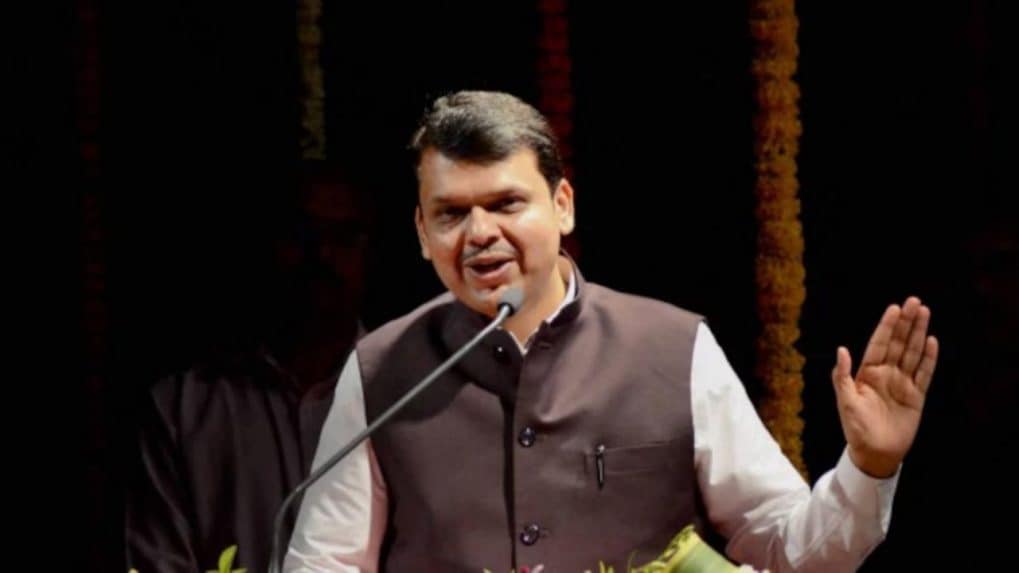Agency News
'Why buy a network that even Dentsu couldn’t fix?': Inside the gamble of Dentsu's international arm sale

During a Calling Attention Motion on July 18, several legislators demanded stricter measures on online gaming, but the government made it clear that any effective action must come from the Centre. Senior officials from the government have ruled out a state-level ban on online gaming.
The debate was triggered by Shiv Sena (UBT) MLA Kailas Ghadge Patil, who cited the growing number of youth in Dharashiv taluka reportedly spending huge sums on online games. He referred to Telangana’s blanket ban and sought clarity on the Maharashtra government’s approach.
Chief Minister Devendra Fadnavis said that current regulations are governed by the Centre under the Information Technology (Intermediary Guidelines and Digital Media Ethics Code) Rules, 2021. He emphasized the limitations faced by individual states: “We have checked all the legalities and assessed if any regulation can be framed around online gaming, at that time we realized that such regulations can be framed only by the Central government.”
Highlighting the futility of state bans, Fadnavis added, “States which have independently regulated online gaming have failed to implement it effectively. What action will a state like Telangana take on users indulging in online gaming on internet? States cannot take action on every single user playing online games.”
He further said, “I have written to the central government about the issue and have personally discussed the matter with IT Minister. We are also keenly looking up at Central government to frame laws around online gaming.”
While some MLAs like Abhijit Patil demanded a ban on online gaming advertisements, Fadnavis urged celebrities to voluntarily stop promoting such platforms and assured that the state would explore if such ads could be restricted legally.
MLA Sudhir Mungantiwar echoed the legal ambiguity surrounding these games, noting the Centre’s ongoing debate over categorizing games of skill versus chance. He questioned whether Maharashtra could follow the lead of Telangana and Andhra Pradesh.
However, Fadnavis was firm: “We will assess if such games can be banned but my question is that if hosting of such games has stopped. If hosting has not stopped then what is the point in having such kind of regulation at first place. These games are on internet, but has online game stopped after the ban implemented by other states? The hosting is not stopped, such laws will not have an impact.”
In line with this, a top source from the Maharashtra government confirmed to Storyboadr18 that the state has no plans to implement a blanket ban on online real-money gaming. However, it has urged the Centre to devise a clear national policy to regulate the sector. The official said, "We will issue a clarification in this regard if required."
The ineffectiveness of state-level bans was recently highlighted in a study by Public Response Against Helplessness & Action for Redressal (PRAHAR). The report, titled ‘Click. Bet. Repeat’, reveals that despite Telangana’s ban, 87% of users continue to bet daily, primarily on offshore casino and sports platforms beyond the reach of Indian law.
The study, based on responses from 2,671 users, found that 96% knew their actions were illegal, yet most used VPNs, Telegram links, anonymous wallets, and UPI transfers via agents to bypass restrictions. Platforms like Stake, 1xBet, 1win, Teen Patti 979, and various colour-prediction apps were among the most accessed. Users reported heavy targeting through social media ads, WhatsApp, and influencer promotions.
India's judiciary has also consistently pushed back against state-level attempts to ban online gaming, especially when such bans do not distinguish between games of skill and games of chance. Over the past few years, several High Courts have struck down blanket prohibitions, emphasizing that games requiring skill—even if played for money—are protected under the Constitution.
In August 2021, the Madras High Court struck down an amendment to the Tamil Nadu Gaming Act that banned online games like rummy and poker when played for stakes. A similar stance was taken by the Kerala High Court in September 2021, when it quashed a state notification banning online rummy. The court found that the game remained one of skill, whether played online or offline, and the ban lacked sufficient legal justification.
In February 2022, the Karnataka High Court delivered a landmark judgment, striking down parts of the state's law that had criminalized all forms of online gaming for stakes, including skill-based games. The court observed that such a ban had a “chilling effect” on legitimate business activity and was “ultra vires the Constitution.
While High Courts in Punjab and Haryana, Rajasthan, and Bombay have upheld the legality of fantasy sports platforms. These rulings affirmed that fantasy gaming involves significant skill, and therefore, does not fall under the ambit of gambling.
With state-level efforts proving ineffective, Maharashtra’s stance underscores the need for comprehensive, centralized regulation to control the growing influence of online real-money gaming across the country.
Today’s B2B marketers wear many hats: strategist, technologist, and storyteller.
Read MoreThe Online Gaming Bill 2025 imposes severe penalties, allows warrantless search and seizure, and empowers a central authority to regulate the digital gaming ecosystem. It is expected to disrupt platforms, payment systems, and advertising in the sector. Here's all you need to know about the bill.